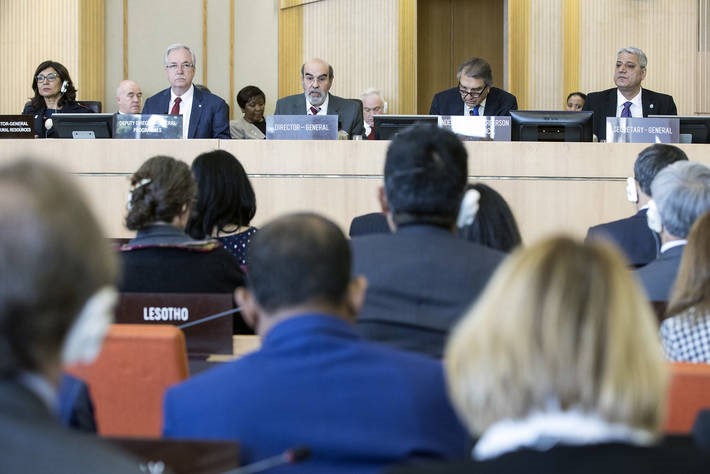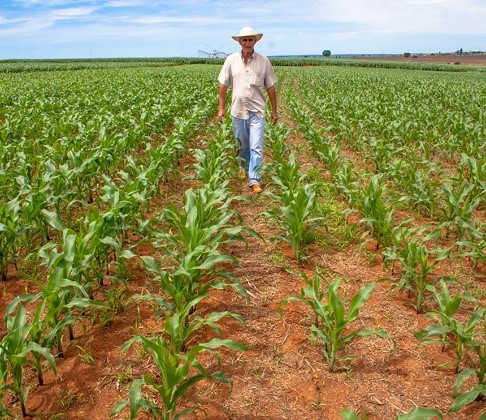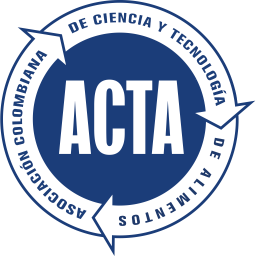Agri-innovation and tackling malnutrition to become FAO’s focus Two year-plan on promoting nutrition-sensitive food systems and innovation in agriculture
16 Apr 2019 — Over the next two years, the Food and Agriculture Organization of the UN (FAO) is to target innovation in agriculture and promoting nutrition-sensitive food systems. This is according to FAO Director-General José Graziano da Silva, who announced the future goals of the organization during FAO’s 161st Council session held last week in Rome. Nutrition company DSM has responded in support and explains how the company will also be focusing on solutions on these issues.
The plan is coined Sustainable Development Goal number 2 and calls for the “eradication of all forms of malnutrition.”
“We welcome the FAO’s statement, as the news underscores nutrition as an important pillar in the FAO’s strategy to achieve the second Sustainable Development Goal of eliminating hunger worldwide by 2030.” Arnold Kawuba, Partner Engagement and Management for Nutrition Improvement, DSM tells NutritionInsight.


Kawuba says that nearly two billion people suffer from “hidden hunger” – which means that despite getting enough calories, the diet lacks essential vitamins and minerals. This is what contributes to the growing levels of obesity going hand in hand with chronic malnutrition, worldwide. “The consequences of hidden hunger can be devastating, not only for affected individuals but societies at large; the negative impact it has on an individual’s health can result in a loss of their earning potential later in life, contributing to the vicious cycle of poverty and it often creates a heavy burden for healthcare systems.
Nutrition is essential for long-term health,” he says.
Additionally, Kawuba says that to address malnutrition and eradicate hunger, there is an urgent need for agriculture and food systems across the entire food supply chain to be nutrition-sensitive – an approach that will help ensure that global populations have access to affordable, nutritious, safe and sustainably sourced food.
“We cannot only focus on tackling hunger anymore,” says José Graziano da Silva. “The Sustainable Development Goal number 2 calls for the eradication of all forms of malnutrition and there is a steady growth in the levels of overweight and obesity all around the world. While hunger is circumscribed to specific areas, obesity is everywhere. In fact, we are witnessing the globalization of obesity.”

Working together
Graziano da Silva also highlighted the organization’s success over the last years in reducing costs and making FAO more efficient, effective and results-oriented, as well as attracting more voluntary contributions.
The FAO has seen a strong increase in partnerships over the years. From 20 new partners in 2012, with a contribution of US$28 million, the number rose to more than 100 new partners today, contributing over US$200 million.
FAO’s engagement in joint programs and interagency platforms with UN agencies has almost doubled since 2012. This also represents a monetary increase of contributions from the UN system by 100 percent, accounting for US$800 million.
Partnerships are vital to success in providing nutrition solutions for the world’s most vulnerable populations, according to Kawuba. No single organization can combat malnutrition alone – it takes the combined strengths of all relevant organizations, including those from public and private sectors.
In order to tackle issues such as world hunger and obesity, DSM has partnered with multiple organizations. DSM’s Nutrition Improvement team works in partnership with multi-sector partners including United Nations agencies like the World Food Programme and UNICEF, World Vision International, Vitamin Angels, Partners in Food Solutions and Africa Improved Foods. DSM’s nutrition partnerships aim to expand the scientific evidence base for targeted nutritional interventions; to increase awareness of the importance of good nutrition and to introduce market-based solutions for making nutritious food products accessible to those who need them most.
The FAO is participating in an array of upcoming key events, such as a food safety conference in Geneva, organized by FAO, the World Health Organization (WHO) and the World Trade Organization (WTO); the launch of the UN Decade of Family Farming at FAO’s headquarters at the end of May; two seminars on healthy diets and agriculture innovation, and the meeting of the FAO Port States Measures Agreement (PSMA) Parties in June 2019.
DSM fighting malnutrition?
The company is a purpose-led organization that strives to unlock human potential by providing optimal nutrition to the world’s populations, says Kawuba. “Our food and beverage experts are working with different industry stakeholders to add important nutrients to favorite products in the market and fight hidden hunger.”
“Through our Nutrition Improvement activities, we have been offering affordable and innovative nutritional solutions in the developing world for decades. The support we provide is tailored to the needs of local communities and we continue to expand our capabilities,” he concludes.
By Kristiana Lalou
